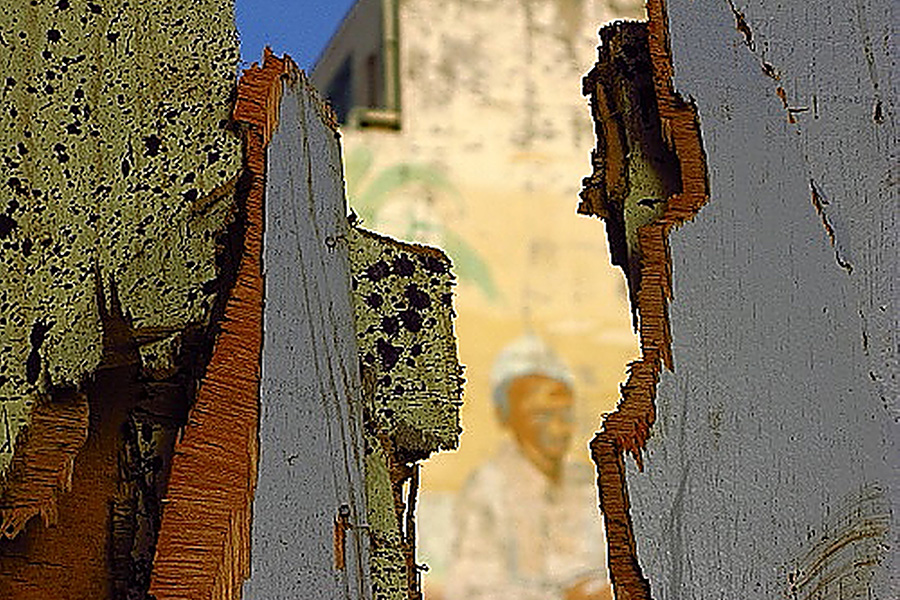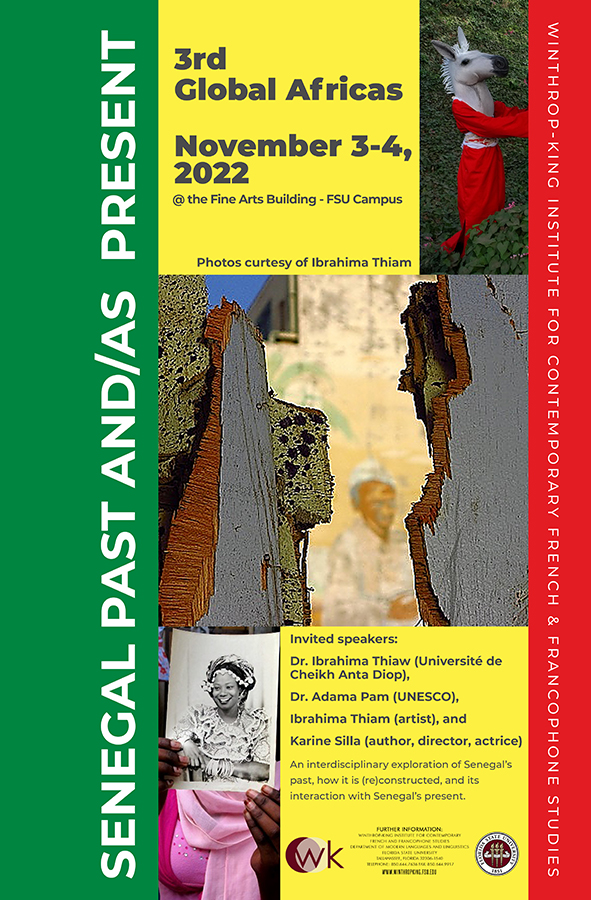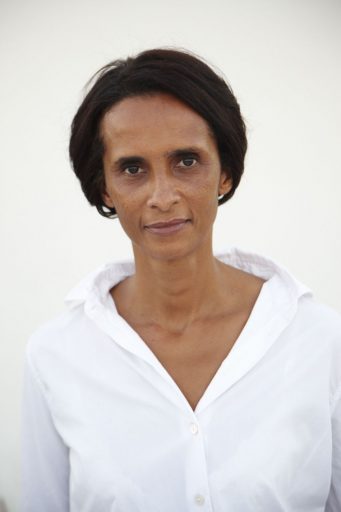
Florida State University’s Winthrop-King Institute for Contemporary French and Francophone Studies will welcome French and Senegalese distinguished scholars and well-known artists for a two-day symposium examining the legacies and culture of Senegal.
“Senegal: Past and/as Present [Sénégal passé/present]” takes place Thursday, Nov. 3, and Friday, Nov. 4, at the FSU Museum of Fine Arts. The symposium will explore how centuries of French colonialism have shaped recent developments in the West African country.
 Speakers include author and director Karine Silla; Université de Cheikh Anta Diop professor Ibrahima Thiaw; photographer Ibrahima Thiam; and chief archivist Adama Pam of the United Nations Educational, Scientific and Cultural Organization (UNESCO). FSU’s Department of Modern Languages and Linguistics and the Museum of Fine Arts are co-sponsors of the symposium, the third iteration in the Global Africas series.
Speakers include author and director Karine Silla; Université de Cheikh Anta Diop professor Ibrahima Thiaw; photographer Ibrahima Thiam; and chief archivist Adama Pam of the United Nations Educational, Scientific and Cultural Organization (UNESCO). FSU’s Department of Modern Languages and Linguistics and the Museum of Fine Arts are co-sponsors of the symposium, the third iteration in the Global Africas series.
The event schedule includes a book reading, photography exhibition, networking lunch and two roundtable discussions with individuals who have dedicated their lives to studying Senegal’s past and present. Symposium attendees will engage with various cultural texts and artwork originating from Senegal to determine the manifestations of historical events in West African present-day life.
“The interdisciplinary nature of the symposium explores the different ways in which cultural producers and researchers contribute to our understanding of the past,” said Michelle Bumatay, series organizer and assistant professor of French at FSU. “Central to the work of all the speakers is the preservation and sharing of local and regional histories often overshadowed by official accounts of Senegal’s history.”
The Winthrop-King Institute for Contemporary French and Francophone Studies’ Global Africas series works against a pervasive tendency to reduce Earth’s second-largest continent to a single nation and explores the ways in which Africa’s countries and people have always been globally interconnected.
The series examines the cultural, linguistic, political and historical realities of Francophone regions of Africa from a range of academic and artistic perspectives.
The events are free and open to the public, but advance registration is required via Eventbrite. Contact Bumatay at mbumatay@fsu.edu with questions.
Schedule of events:
Thursday, Nov. 3
5:40 p.m., Karine Silla reads an excerpt of her book, “Aline et les hommes de guerre/Aline and the Men of War,” and leads a discussion.
Friday, Nov. 4
11 a.m. to 12:30 p.m., Ibrahima Thiam presents his photography exhibition at the Museum of Fine Arts and leads a Q-&-A session.
12:30-2 p.m., Networking lunch with event speakers and graduate students in attendance.
3-3:50 p.m., Discussion of Senegal’s past and present with Adama Pam and Ibrahima Thiaw.
4:15-5 p.m., Roundtable discussion of Senegal’s future with Ibrahima Thiaw, Adama Pam, Ibrahima Thiam, Karine Silla, Michelle Bumatay and FSU cultural anthropologist Vincent Joos.
5:30 p.m., Closing reception
About the speakers:

Adama Pam, Ph.D., is a historian and curator of cultural heritage who earned his master’s degree from the École Nationale des Chartes and his doctorate in contemporary history from Cheikh Anta Diop University in Dakar. He serves as head archivist for the United Nations Educational, Scientific and Cultural Organization (UNESCO) in Paris, where he manages international archival projects and specializes in the history of health and biopolitics during colonialism. Pam is the author of several publications on the history of archives and libraries in Africa and the history of epidemics and colonial order in Senegal.

Karine Silla has been a novelist and scriptwriter for 30 years. Her fourth and most recent book, “Aline and the Men of War,” details the “Joan of Arc” of Senegal, and Silla’s first short film in 2016, “Alice,” was selected in an official competition at the Cannes Film Festival. Silla’s play “Le temps qui passe” was performed at the Théâtre des Mathurins in 2011, and she is developing a feature film adapted from her third novel, “L’absente de Noël,” which is scheduled to begin shooting in Dakar in the spring.
Ibrahima Thiam completed his studies in economics in Dakar in 2009 before discovering his passion for photography at a workshop organized by the Goethe Institute. Since then, Thiam’s work has focused on memory, archival documentation and African orality via myths and legends. In recent years, he has developed his own practice that sheds light on divinities from the Lebou community, an ethnic group in Senegal. His work has been presented in several international collective expositions.

Ibrahima Thiaw, Ph.D., is an archaeology professor within the Institut Fondamental d’Afrique Noire (IFAN) at the University Cheikh Anta Diop of Dakar, where he directs the archaeology laboratory and the Research Unit in Cultural Engineering and Anthropology. He earned his doctorate in 1999 from Rice University, and he directed IFAN’s Musée d’Art Africain from 2008 to 2014. He has also served as the chair of the Heritage Committee for the African Archaeological Association since 2018. Thiaw’s research focuses on material culture, heritage management, community engagement, the politics of memory and identity and the long-term impacts of slavery and colonization in the making of the modern world.




